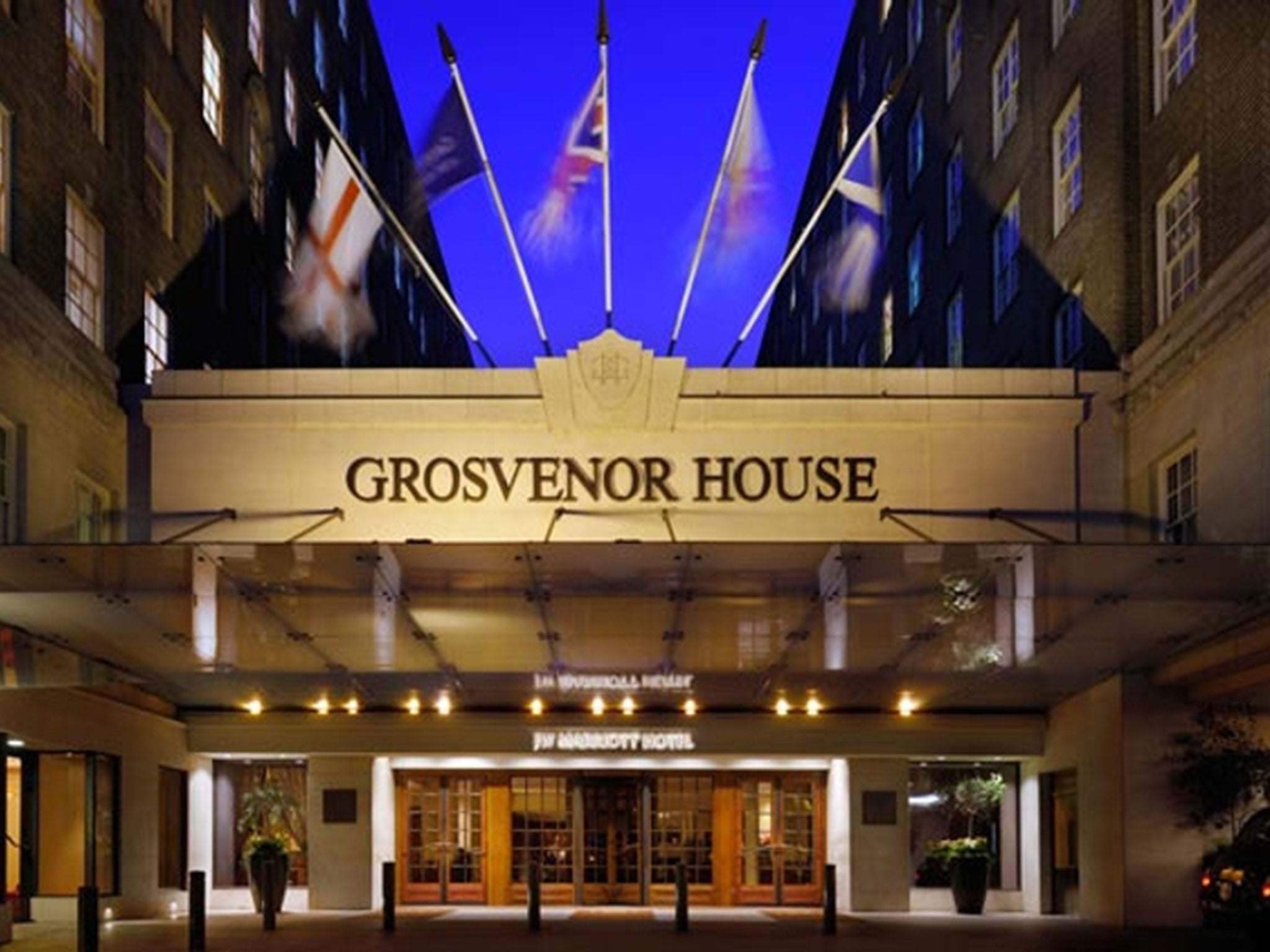Political donors tax loophole: ‘When are we going to get found out?’
A few brandies down, the millionaire next to me asked the question that revealed his greatest fear

Your support helps us to tell the story
From reproductive rights to climate change to Big Tech, The Independent is on the ground when the story is developing. Whether it's investigating the financials of Elon Musk's pro-Trump PAC or producing our latest documentary, 'The A Word', which shines a light on the American women fighting for reproductive rights, we know how important it is to parse out the facts from the messaging.
At such a critical moment in US history, we need reporters on the ground. Your donation allows us to keep sending journalists to speak to both sides of the story.
The Independent is trusted by Americans across the entire political spectrum. And unlike many other quality news outlets, we choose not to lock Americans out of our reporting and analysis with paywalls. We believe quality journalism should be available to everyone, paid for by those who can afford it.
Your support makes all the difference.It was late into the night at the Grosvenor House Hotel on Park Lane. The black ties were slipping to half-mast.
A few brandies down, the millionaire next to me at the annual private equity industry dinner asked the question that revealed his greatest fear: “When are we going to get found out?”
He gestured around the room at our fellow guests: “Just look at us: we’re making more money than anyone, ever but nobody does anything about it. We pay hardly any tax but nobody does anything about it. We borrow insane amounts of cash but nobody does anything about it. How long can it last?”
This was in the heady days of New Labour – the mid-noughties. Tony Blair had struck up a cosy relationship with the private equity boys. Apax Partners’ multimillionaire chief Ronald Cohen seemed at times to be the party’s main financial adviser. Little wonder, then, that Labour signed off on tax legislation that would make these dealmakers richer than they had ever dreamed.
The carried interest tax rules – to which my dinner companion had been referring – were sold as a way of encouraging long term investment in British businesses. To persuade private equity fund managers to invest their clients’ cash into growing businesses requiring funding for five or six years, so the thinking went – you had to incentivise them with lower taxes on the profit.
The effect was to create an industry whose executives were entirely motivated by doing more, bigger deals than ever before. The more of the investment you funded through high-risk debt, the bigger the potential profit and the more you got paid.
So now, if the company being invested in managed to grow despite all that debt, not only were there big bonuses to be won, but the private equity manager would only get taxed at 28 per cent on his spoils. As they say in the City: double bubble.
My dinner companion wanted to know how long the party would last. He never dreamed it would be measured in decades.
Join our commenting forum
Join thought-provoking conversations, follow other Independent readers and see their replies
Comments